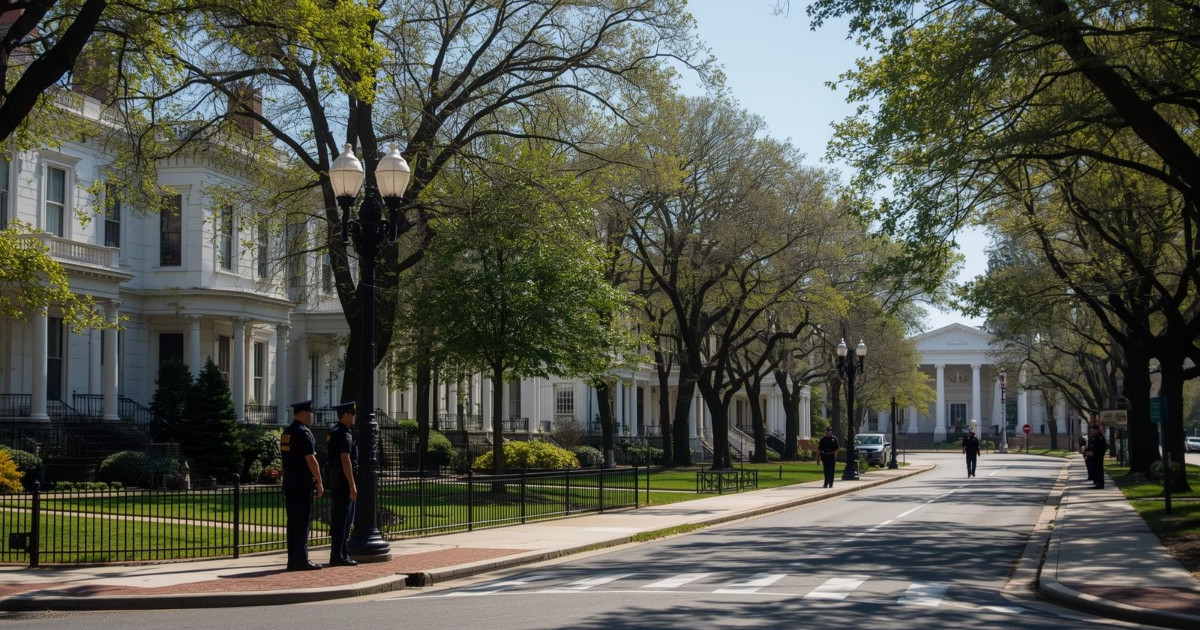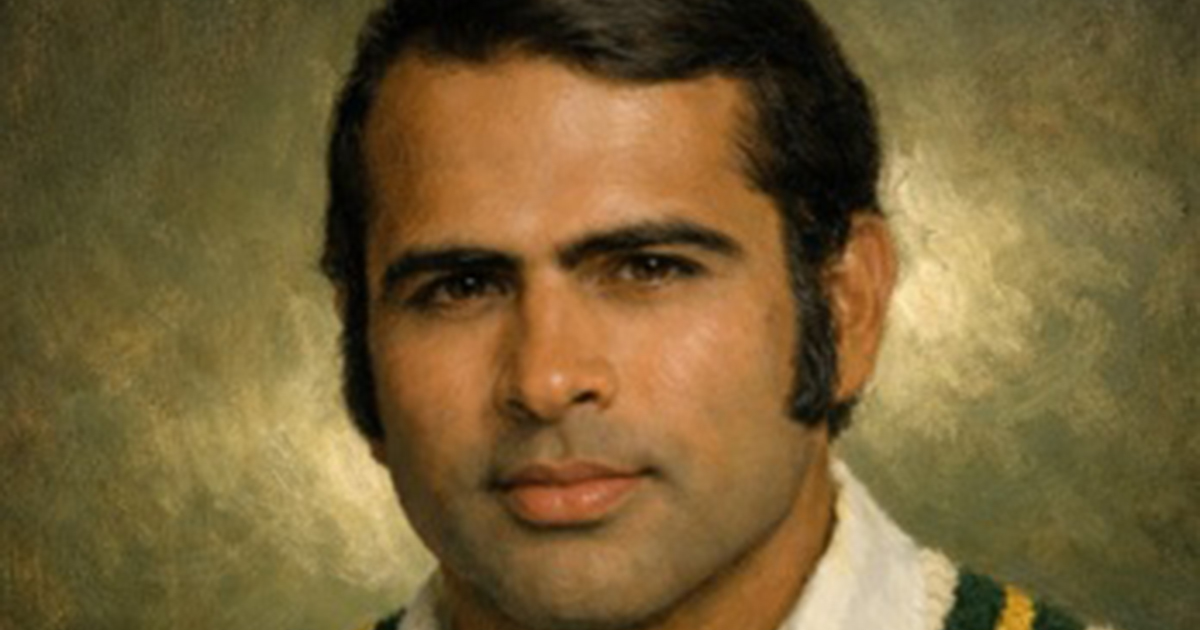Pakistani journalists protest proposed PMDA in London
JournalismPakistan.com | Published: 13 September 2021
Join our WhatsApp channel
A protest organized by Pakistani journalists in London condemned the PMDA law that threatens media freedom in Pakistan. The demonstration aimed to show solidarity with journalists facing repression.Summary
LONDON - Many Pakistani journalists have organized a protest demonstration outside the Pakistan High Commission premises in solidarity with the journalist community in Pakistan.
Journalists Joint Action Committee (UK) convened the protest to show support for Pakistan's media workers in uproar against the current information minister who is determined to go ahead with the PMDA law to enforce media control bypassing courts and the system.
The speakers said that the ill-conceived and dictatorial PMDA concept had been unanimously rejected by all media and journalists' bodies and the Human Rights Commission of Pakistan, Pakistan Bar Council, Supreme Court Bar Association, political parties, and international media.
They said that the government was saying it would set up tribunals for workers' rights when such tribunals already exist. However, its actual objective is to bypass high courts and create NAB and anti-terrorism like courts to fix journalists and their stories and pressure media houses to control the free and objective flow of information.
The journalists said that the government is so hell-bent on bringing the new ordinance that through tribunals, it will end the right to appeal against punishments unless the case is taken to the Supreme Court, which is costly. Already there is a massive backlog of cases, and it could take years before a lawsuit is heard.
The journalists particularly singled out the current information minister for first playing his role in the economic murder of journalists and now pushing through a black law to finish the private media, which provides thousands of jobs to media workers.
Journalists said that media tribunals are the most dangerous part of the PMDA because the government will sanction the journalists it doesn't like and make it impossible for the objective journalists to operate.
They said that the controversial law is ill-conceived. While it makes lofty promises, its actual objective is only to bring Pakistani media under a draconian body that will be like a 'state above the state" and only abuse its powers to support the sitting government.
Journalists and community leaders called on British Pakistani MPs to break their silence, stand by the Pakistani journalist community, and support free media in Pakistan.
The speakers said that PMDA proposes penalties on media houses and journalists up to Rs250 million and prison sentences up to five years or more. The purpose of these unfair laws is to instill fear in media, not to question the government's actions or actions hold them accountable.
According to them, this law would penalize only those journalists and media the sitting government doesn't like. Journalists called on the government to scrap the ordinance and strengthen the existing laws and the relevant institutions.
Journalists Joint Action Committee members Azhar Javed, Wajahat Ali Khan, Shaukat Dar, Ghulam Hussain Awan, Asad Malik, Farid Qureshi, Sahira Khan, and Kousar Kazmi addressed the protest. Representatives of PPP, PMLN, ANP, and civil society members also condemned the PMDA ordinance.
Journalist leaders condemned attempts made by Pakistan High Commission officials to stop the protest. They said that the Pakistan High Commission officials called journalists individually and asked them not to hold the rally outside the High Commission premises and threatened severe consequences for organizing the protest. The journalists called on the Pakistan High Commission to desist from such practices and not become part of the media crackdown.
KEY POINTS:
- Protest held in London outside Pakistan High Commission against PMDA.
- Speakers highlighted the law's intention to bypass judicial oversight.
- The PMDA proposes severe penalties for journalists and media houses.
- Journalists called on British Pakistani MPs to support media freedom.
- Protesters faced intimidation attempts from Pakistan High Commission officials.

























